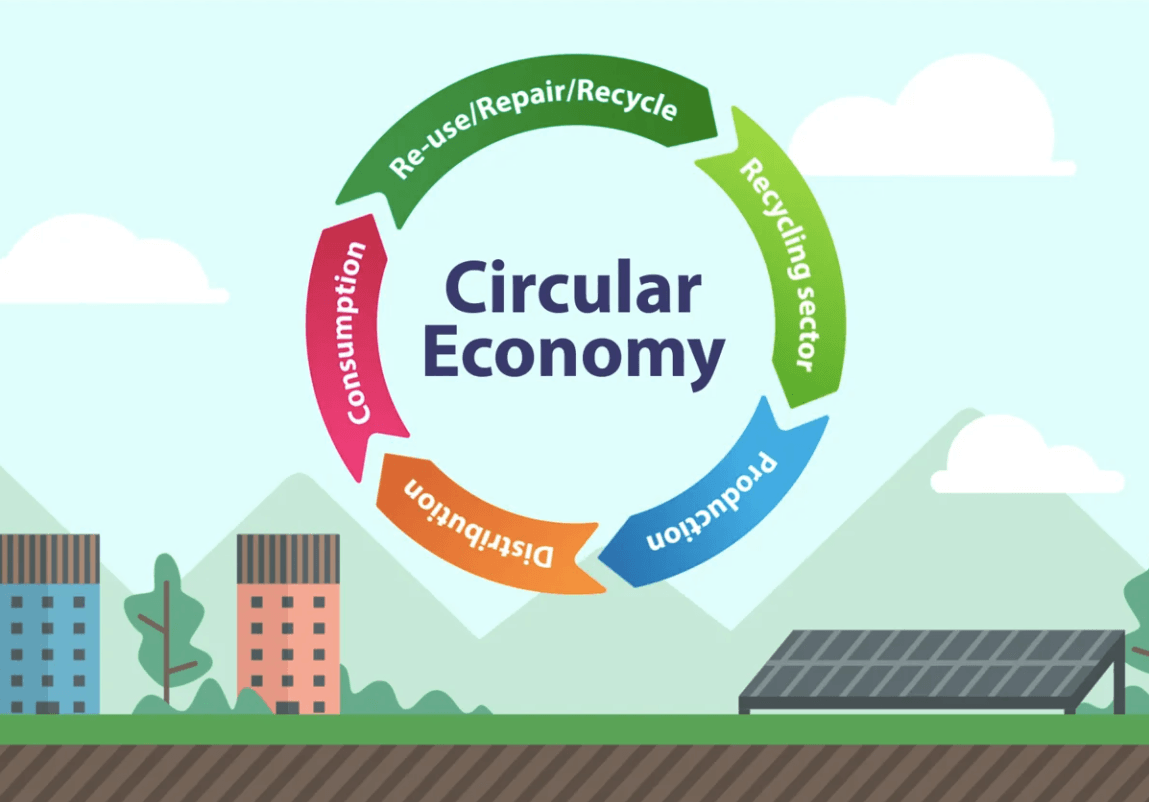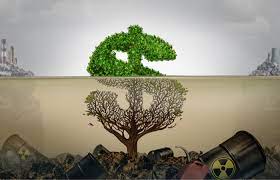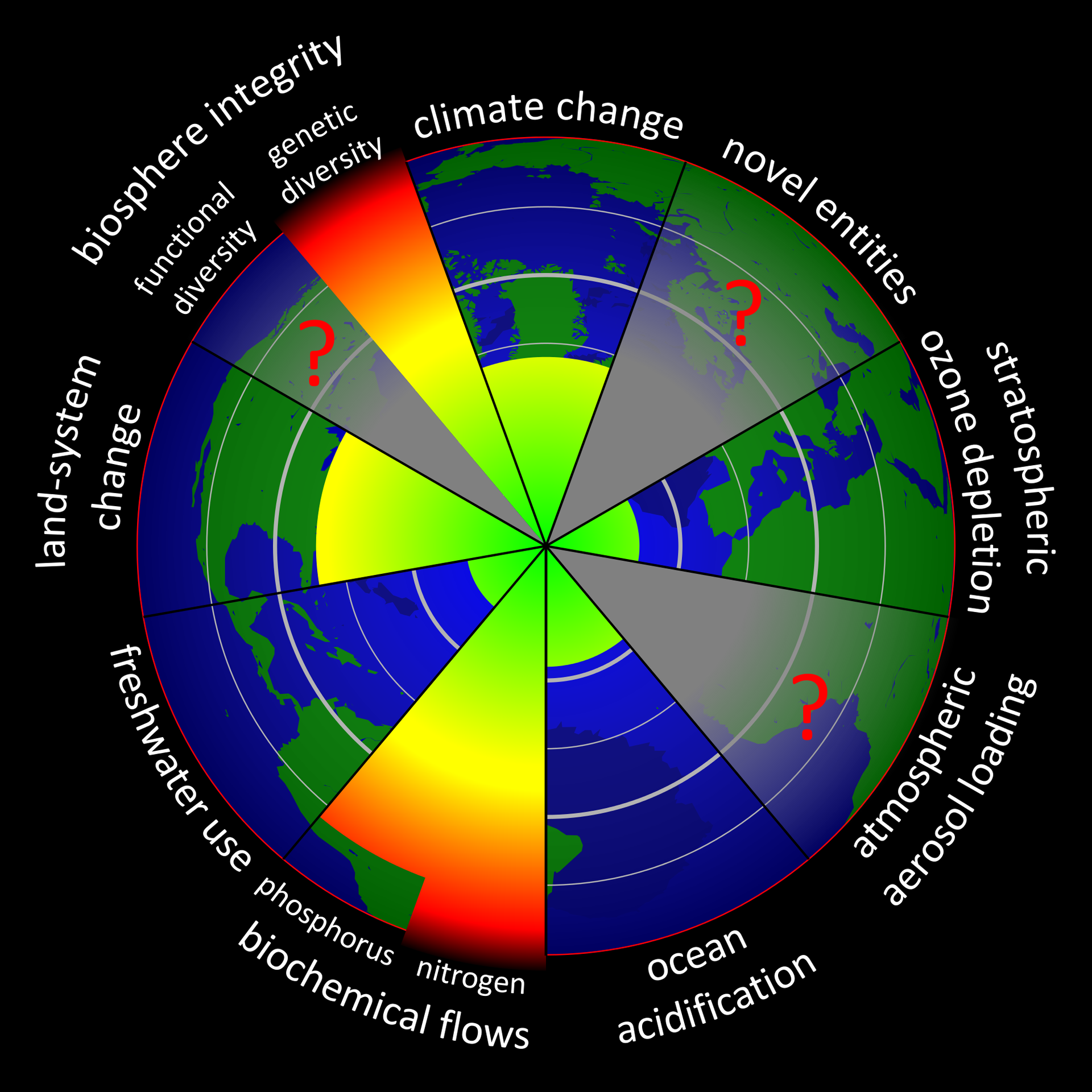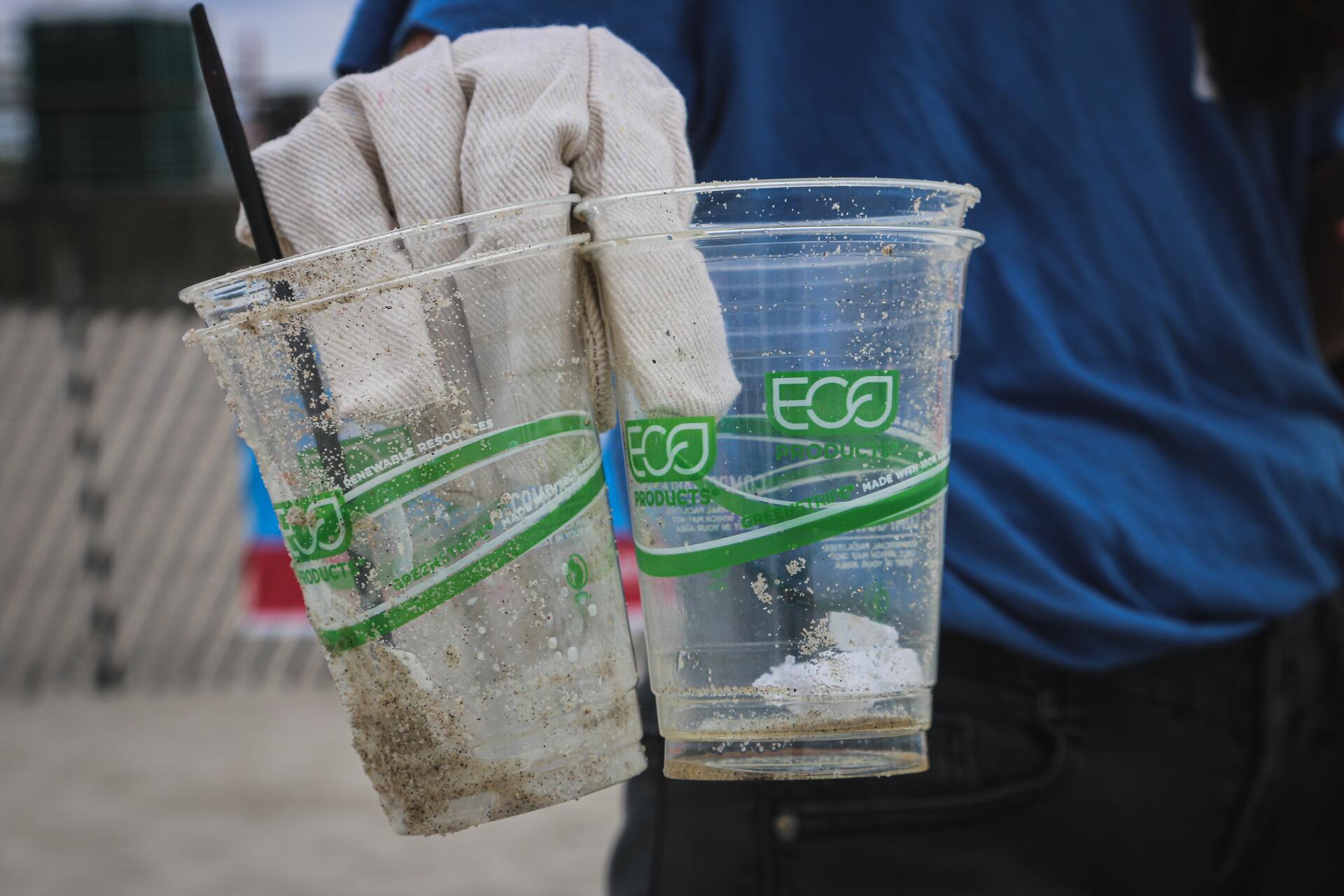COP 26 Failure or a New Future
Greta Argues That it is Business as Usual

5th November 2021 saw the biggest protest at COP 26 to date. The estimated numbers of demonstrators in Glasgow were 100,000 despite the weather. In addition, about 100 climate change demonstrations were held in other parts of the UK while events were also taking place in a further 100 countries including Kenya, Turkey, France, Brazil, Australia and Canada.
In London, protesters marched from the Bank of England to Trafalgar Square while another large demonstration happened in Cardiff.
Climate change is clearly a cause that galvanises the world and in particular the younger generation.
The figurehead of the protests is Greta Thunberg who from humble beginnings has been catapulted into a global phenomenon. She has captured the mood of a disenfranchised youth and polarises opinions of world leaders. Whatever your opinion Greta does galvanise people and what she says matters. Last week she described COP 26 as a failure and a festival of greenwashing leading to business as usual without radical change. That view will be widely held. Unless all emissions were curtailed overnight then the COP summits will always fall short of expectation of certain sections of society.
What Progress has been made at COP26?
Boris Johnson needed COP 26 to be a success. The G20 summit held directly before COP26 showed that the richest countries were not all on the same page with respect to emissions and climate change. A very watered down statement was produced which if you are being charitable did suggest that the G20 were moving in the right direction.
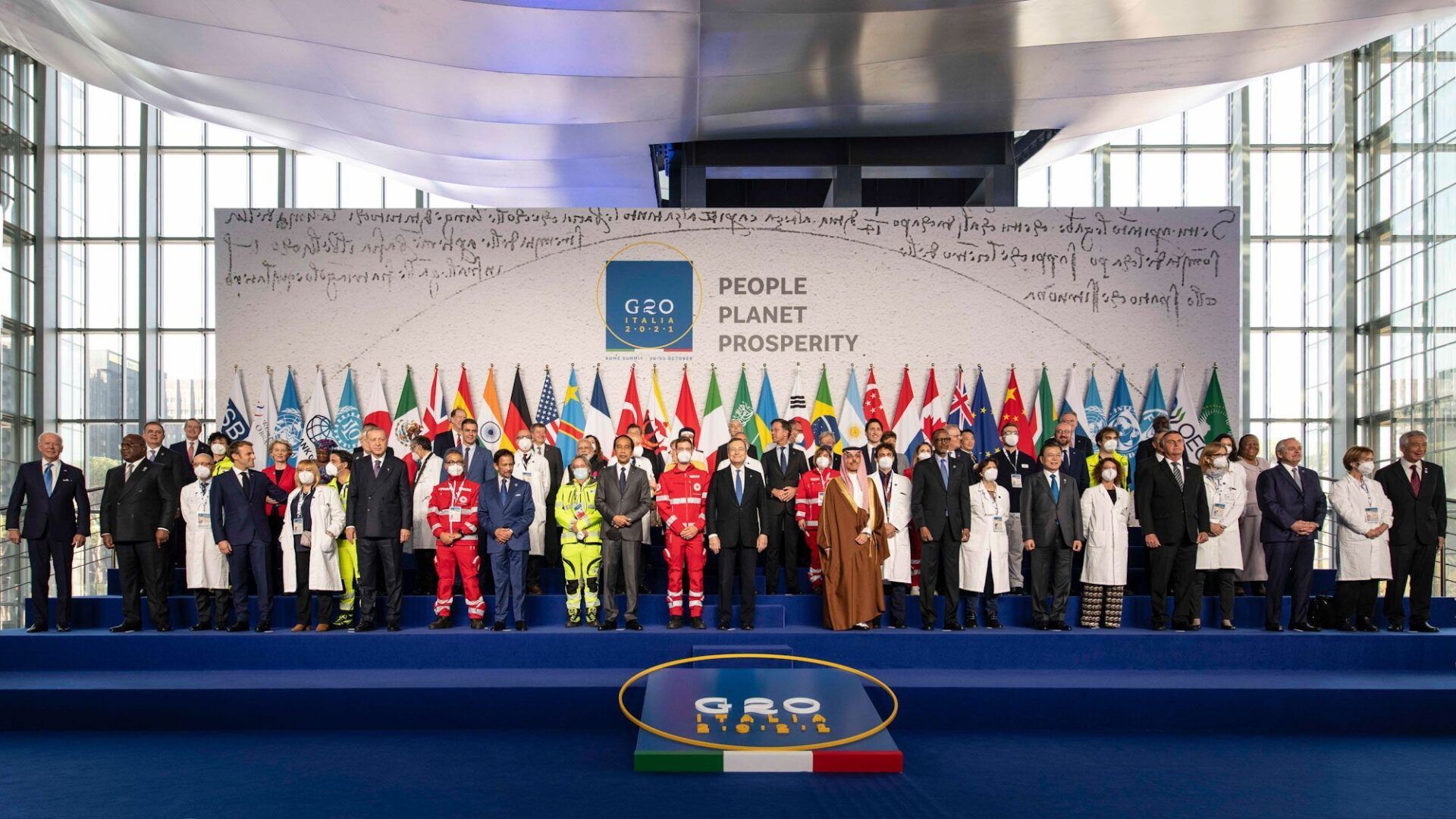
The G20 includes the worlds largest polluters being China, India, the US, Australia and taken collectively the European Union. Prior to the start of the G20 conference stories were leaked which indicated Saudi Arabia, Australia and others were seeking to water down the COP 26 UN statements to be realesed the following week.
Despite the negative stories COP began with some very powerful statements by countries most at risk from climate change. One of the more powerful statements was from the Bahamian Prime Minister.
Following these powerful messages, a success was achieved with an agreement on deforestation that was signed by 100 countires including Brazil, China, Canada, Indonesia & the Democratic Republic of the Congo (collectively covering 85% of the worlds forests). Although since the signature some countries have already indicated that their commitment may not be total.
90 nations representing two thirds of the global economy committed to a substantial reduction in methane (a key greenhouse gas)
40 countries committed to ending the use of coal between 2030 and 2040 although the signatories didn't include the US, China, Australia and India.
But the main work is still ahead as detials need to be thrashed out.
So the situation at this point is that we are better off than we were before but not yet at the point where we need to be.
What of the UK and business within the UK?
As hosts we have been striving for change.
The UK is a leader when it comes to adoption of climate change policies. Whilst most of the UK population is aware of the headline grabbing commitments to phase out gas boliers and also to stop the sale of petrol and diesel motor vehicles in the next decade. What is more immediate from the perspective of business is the other less publicised changes.
The UK has adopted mandatory climate disclosures for its largest companies. Whilst many readers will breath a sigh of relief that they are not subject to these disclosures, they should take a second to consider the implications. If the largest companies are required to make disclosures then this will impact upon companies within the supply chains and thus these disclosure impacts will by default filter down from the largest companies.
Just prior to COP the Competition and Markets Authority announced a far reaching requirement upon companies making environmental claims. This is summarised in the Green Claims Code (see video below).
So in addition, to the agreements we have signed to at COP26, the green agenda in the UK is alive and kicking. It is quite likely that further legislation will follow COP and thus businesses must remain flexible in their responses. The UK wants to lead the world with respect to environmental change and to do that we will continue to innovate.

